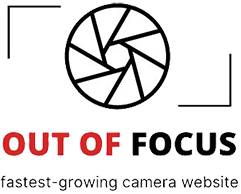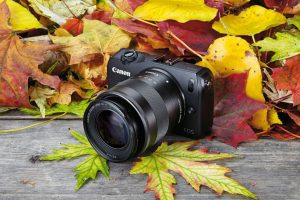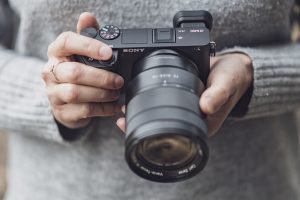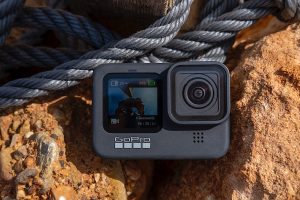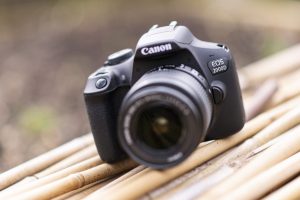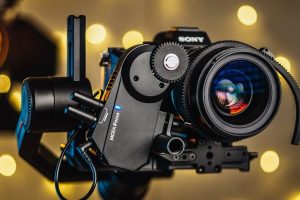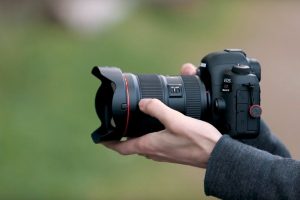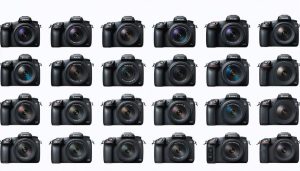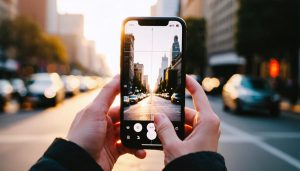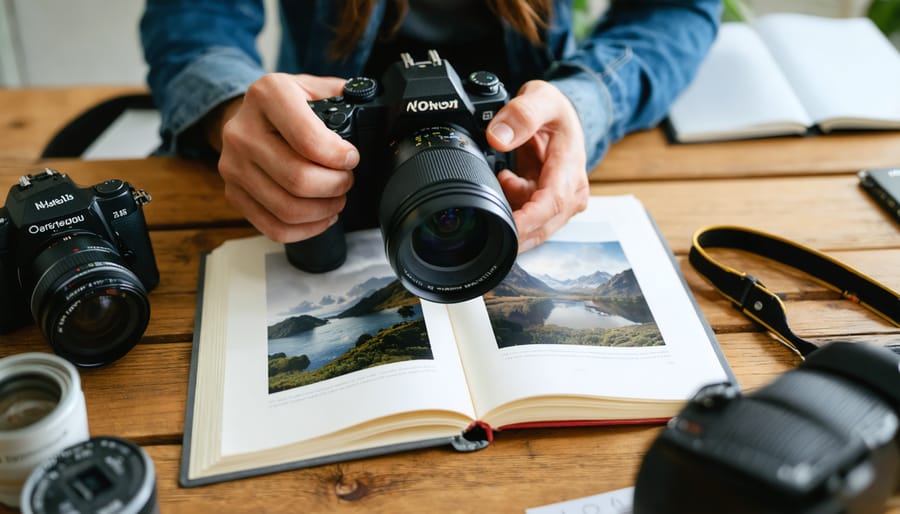
Transform your photography journey with a digital photo mentor who can accelerate your learning curve and help you avoid costly mistakes. Whether you’re struggling with composition, battling technical settings, or seeking to develop your unique artistic voice, a seasoned mentor provides personalized guidance that no tutorial or YouTube video can match.
Think of a digital photo mentor as your personal photography navigator – someone who’s already mapped the territory you’re exploring. They’ll help you decode complex camera techniques, master post-processing workflows, and develop the confident eye of a professional photographer. Unlike generic online courses, mentorship offers real-time feedback, customized learning paths, and invaluable industry insights drawn from years of practical experience.
But perhaps most importantly, a digital photo mentor helps you break through creative plateaus by challenging your assumptions, pushing your boundaries, and helping you see possibilities you might have missed. They’re not just teaching you photography; they’re helping you discover your unique visual voice and guiding you toward your full creative potential.
Ready to elevate your photography? Let’s explore how to find and work with the right mentor who can transform your passion into expertise.
What Makes a Great Digital Photo Mentor?
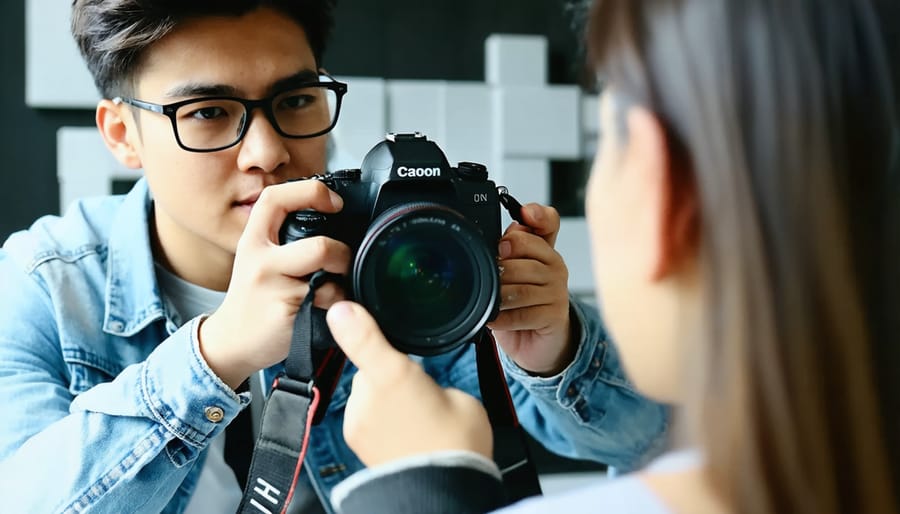
Technical Expertise vs. Teaching Ability
When seeking a digital photo mentor, it’s crucial to understand that technical expertise and teaching ability don’t always go hand in hand. A photographer might be exceptionally skilled at capturing stunning images and mastering complex camera settings for beginners, but may struggle to communicate these concepts effectively to others.
The ideal mentor combines both technical proficiency and strong teaching capabilities. They should be able to break down complex photography concepts into digestible pieces, adapt their teaching style to match your learning pace, and provide constructive feedback that motivates rather than discourages. Look for someone who not only showcases impressive work but also demonstrates patience and enthusiasm when explaining their process.
Consider how they explain concepts during your initial interactions. Do they listen to your questions? Can they provide multiple explanations when you don’t understand something? The best mentors often share their own learning journey, making the process more relatable and encouraging. They understand that technical knowledge alone isn’t enough – it’s the ability to transmit that knowledge effectively that makes a truly valuable mentor.
Experience and Specialization
Digital photo mentors come with diverse backgrounds and specializations, each offering unique expertise to help you grow in specific areas of photography. Some mentors excel in technical aspects, focusing on camera settings, exposure control, and post-processing techniques. These technical specialists are particularly valuable if you’re looking to master complex photography equipment or advanced editing software.
Other mentors specialize in creative composition and artistic vision, helping photographers develop their unique style and storytelling abilities. You’ll find experts in specific genres like landscape, portrait, wildlife, or street photography, who can provide deep insights into their particular field.
Business-oriented mentors focus on helping photographers transition from hobby to profession, offering guidance on client relations, pricing strategies, and portfolio development. Some mentors combine multiple specializations, providing comprehensive guidance across different aspects of photography.
When choosing a mentor, consider their experience level, professional achievements, and teaching style. Look for someone whose expertise aligns with your learning goals and whose portfolio reflects the kind of work you aspire to create. Remember that the best mentor for you might not be the most acclaimed photographer, but rather someone who understands your vision and can effectively communicate their knowledge.
Finding Your Perfect Photography Mentor Match
Online vs. In-Person Mentoring
Both online and in-person mentoring offer unique advantages for photographers looking to enhance their skills. Online mentoring provides unmatched flexibility, allowing you to connect with experienced photographers worldwide regardless of your location. Through video calls, screen sharing, and digital portfolio reviews, you can receive personalized guidance on everything from proper camera technique to advanced editing workflows.
In-person mentoring, however, offers a hands-on learning experience that’s difficult to replicate virtually. Your mentor can demonstrate techniques in real-time, adjust your positioning, and provide immediate feedback during shoots. This direct interaction is particularly valuable for understanding nuanced aspects of photography, like reading natural light or working with subjects.
The choice between online and in-person mentoring often depends on your learning style and circumstances. Online sessions typically cost less and offer more scheduling flexibility, making them ideal for photographers with busy schedules or those living in remote areas. In-person mentoring, while potentially more expensive and geographically limited, provides immersive learning experiences and stronger personal connections.
Many photographers find success combining both approaches – using online mentoring for regular check-ins and theoretical learning, while scheduling occasional in-person sessions for intensive practical training. This hybrid approach maximizes the benefits of both formats while maintaining consistent growth in your photographic journey.
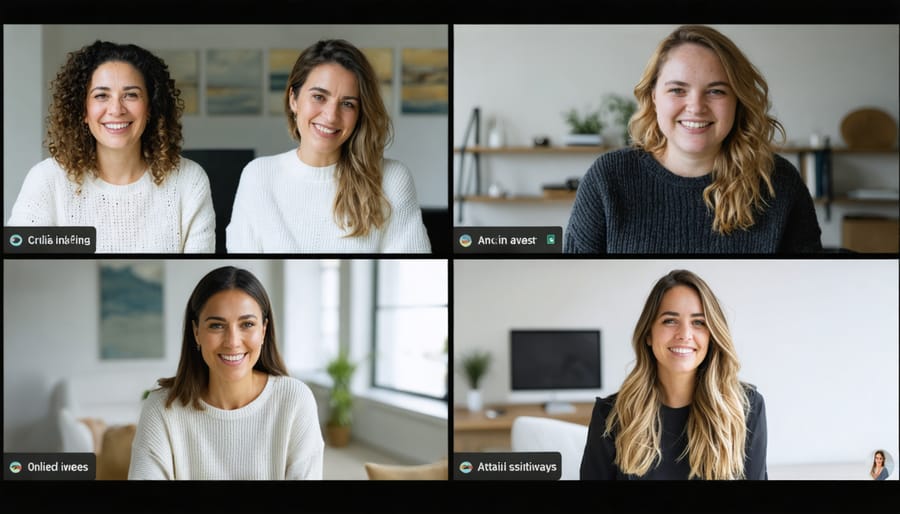
Evaluating Mentor Programs and Services
When evaluating photography mentorship programs and services, start by assessing the mentor’s teaching methodology and how it aligns with your learning style. Look for mentors who provide clear, structured feedback and maintain consistent communication channels. A quality mentor program should offer a mix of technical instruction, creative guidance, and practical assignments.
Consider the format and flexibility of the mentoring service. Some photographers thrive with one-on-one sessions, while others prefer group workshops or online courses. Review the program’s duration and commitment requirements to ensure they fit your schedule and goals. Price points vary significantly, so evaluate the value proposition – cheaper isn’t always better, but expensive doesn’t guarantee quality.
Check for social proof through testimonials, student portfolios, and independent reviews. Look for evidence of student progress and success stories that align with your aspirations. The mentor’s teaching experience is as important as their photography credentials – exceptional photographers aren’t automatically great teachers.
Pay attention to the curriculum structure. Quality programs typically offer a balanced approach covering both technical skills and artistic development. They should provide clear learning objectives, milestone tracking, and opportunities for practical application.
Red flags include mentors who promise unrealistic results, lack a structured approach, or seem more focused on selling equipment than developing your skills. The best programs emphasize long-term growth over quick fixes and maintain professional boundaries while fostering a supportive learning environment.
Making the Most of Your Mentorship
Setting Clear Goals and Expectations
Setting clear goals with your digital photography mentor is crucial for making the most of your learning experience. Start by identifying specific areas where you want to improve – whether it’s mastering manual mode, understanding composition, or developing a unique style. Break these larger objectives into smaller, measurable milestones that you can track over time.
Be specific about your aspirations. Instead of saying “I want to take better photos,” try “I want to learn how to capture sharp wildlife photos in low-light conditions.” This clarity helps your mentor create a targeted learning plan that addresses your needs.
Communicate your time commitment honestly. Whether you can dedicate two hours weekly or several days monthly, being upfront about your availability helps set realistic expectations. Also, discuss your preferred learning style – do you learn better through hands-on practice, theoretical discussions, or a mix of both?
Document your goals in writing and share them with your mentor. This creates accountability and provides a reference point for measuring progress. Remember to revisit and adjust these goals periodically as you advance in your photography journey. Your mentor can help you refine these objectives based on your progress and emerging interests.
Preparing for Feedback Sessions
To maximize the value of your mentorship sessions, preparation is key. Start by organizing your portfolio carefully, selecting 10-15 of your best images that represent different techniques and subjects. Include both successful shots and those you’re uncertain about – this provides valuable discussion points for improvement.
Before each session, create a clear list of specific questions or challenges you’d like to address. This helps structure the conversation and ensures you cover essential topics. Consider reviewing your recent photography workflow tips and identifying areas where you’re struggling.
Take detailed notes about your recent shoots, including camera settings, lighting conditions, and any technical difficulties you encountered. This information helps your mentor provide more targeted advice. If possible, bring both your processed and raw files to show your editing decisions and receive feedback on your post-processing choices.
Set realistic goals for each session and communicate these to your mentor. Whether you’re focusing on composition, technical skills, or business aspects, having clear objectives helps both you and your mentor make the most of your time together. Remember, the more prepared you are, the more valuable insights you’ll gain from each meeting.
Implementing Mentor Advice
Implementing mentor feedback effectively requires a structured approach and the right mindset. Start by taking detailed notes during your mentoring sessions, focusing on both specific technical adjustments and broader creative concepts. Create an action plan that breaks down the feedback into manageable steps you can practice independently.
Consider creating a feedback implementation checklist. For example, if your mentor suggests improving composition, start by practicing the rule of thirds for a week, then move on to leading lines, and finally experiment with framing. Document your progress through before-and-after shots to track your improvement and share these with your mentor during follow-up sessions.
Don’t try to implement everything at once. Focus on mastering one technique or concept before moving to the next. This might mean spending several days perfecting your understanding of aperture settings before tackling shutter speed combinations.
Set up practice shoots specifically designed to work on the areas your mentor has highlighted. If they’ve suggested working on low-light photography, schedule evening shoots to practice these techniques. Keep a photography journal documenting what works, what doesn’t, and any questions that arise for your next mentoring session.
Remember that implementation is an iterative process. Be patient with yourself and maintain open communication with your mentor about your progress and challenges.

Common Mentorship Pitfalls to Avoid
Communication Barriers
Effective communication between mentor and mentee is crucial for a successful photography learning experience, but several common barriers can hinder progress. One frequent challenge is the knowledge gap, where mentors might use technical terminology that’s unfamiliar to beginners. To overcome this, both parties should agree to ask for clarification whenever needed and establish a shared vocabulary from the start.
Different learning and teaching styles can also create friction. Some mentees prefer hands-on learning, while others benefit more from theoretical explanations. The key is to discuss these preferences early in the relationship and adapt accordingly. Mentors should be flexible in their approach, using multiple teaching methods to ensure concepts are fully understood.
Time zone differences and scheduling conflicts often present challenges in digital mentoring relationships. Setting clear expectations about availability and response times can help manage these issues. It’s helpful to establish regular check-in times and use scheduling tools to coordinate across different time zones.
Communication platforms can also pose barriers. Some mentors might prefer email for detailed feedback, while others favor video calls for real-time interaction. Technical issues with file sharing or video quality can disrupt learning sessions. Having backup communication methods and testing platforms before sessions can minimize these disruptions.
Remember that cultural differences and language barriers may affect communication. Being patient, respectful, and open to different perspectives will help build a stronger mentor-mentee relationship.
Managing Expectations
When embarking on your photographic journey with a mentor, it’s crucial to set realistic expectations about your progress and development timeline. While social media might showcase overnight successes, genuine photography career development typically follows a gradual learning curve.
Most photographers need about 3-6 months of consistent practice to grasp fundamental concepts like exposure, composition, and basic editing. More advanced techniques and developing your unique style can take 1-2 years of dedicated work with your mentor. Remember, everyone’s journey is different, and progress depends on factors like practice time, previous experience, and learning style.
Set small, achievable goals with your mentor rather than aiming for perfection immediately. For instance, start by mastering one photography technique each month, or commit to completing one challenging project every quarter. This approach helps maintain motivation while ensuring steady progress.
Be honest with your mentor about your time commitment and learning objectives. If you can only dedicate five hours weekly to photography, communicate this upfront. Your mentor can then tailor the learning plan accordingly, preventing frustration on both sides.
Track your progress by maintaining a portfolio of your work from day one. This visual record will help you appreciate your improvement over time, even when it feels like you’re not advancing as quickly as you’d like.
Digital photo mentoring represents a transformative journey in your photography career, offering personalized guidance that can dramatically accelerate your growth and creative development. Through dedicated mentorship, you’ll not only master technical skills but also develop your unique artistic voice and gain confidence in your craft.
The value of having a mentor extends far beyond learning camera settings or composition rules. A good mentor becomes your trusted advisor, helping you navigate the complexities of the photography industry, avoid common pitfalls, and discover opportunities you might have otherwise missed. They provide accountability, constructive feedback, and the motivation to push beyond your comfort zone.
As you consider taking the next step in your photography journey, remember that finding the right mentor is crucial. Start by clearly defining your goals and the specific areas where you need guidance. Research potential mentors thoroughly, reach out to their previous students if possible, and don’t hesitate to have preliminary conversations before making a commitment.
Whether you’re just starting or looking to take your photography to the next level, investing in mentorship can be the catalyst that transforms your passion into expertise. Take action today by reaching out to potential mentors, joining photography communities, or participating in mentorship programs. Your future in photography begins with this important decision to seek guidance and embrace the learning journey ahead.
Remember, every successful photographer once started where you are now. With the right mentor by your side, you’re not just learning photography – you’re investing in your creative future.
